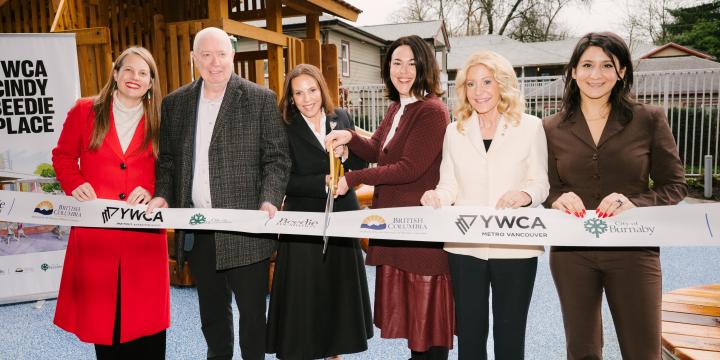
It’s no surprise that sexualization is a huge issue in today’s modern, largely digital world. From billboards to commercials, even our food can’t escape being reinvented as more sexually suggestive than before. Sexualization has become so commonplace that many dismiss it without questioning its purpose or effects.
For over twenty years I have been working with youth and families as a front line social worker. During this time I have seen issues related to sexualization and hypermasculinity manifest in the lives of children and families across communities and within our systems. Plummeting self-esteem in adolescent girls, the prevalence of self-harming behaviours including addictions or bullying both on and offline, many of these social issues trace back to sexualization.
How we feel about ourselves, our bodies, our looks – these are not individual issues. They are directly related to being constantly bombarded by altered, retouched images that do not portray the reality of what people look like in all shapes and forms. Representation in the media matters, but when that representation is flawed it does more harm than good. We know that three of the most common mental health issues in young people –eating disorders, anxiety and depression– can all be linked directly to media sexualization.
So it’s foolish to believe that the negative effects of sexualization only result in self-harm. Our formative years are shaped by media and the relationships that we see on television or even through easily‑accessible pornography make the basis of what we internalize as normal. With few exceptions, the media landscape does not offer a great deal of examples of positive, healthy, consensual relationships; so it is without surprise that we see the repercussions of this environment in the lives of young people.
Before coming to YWCA Metro Vancouver, I ran workshops for the community on the topic of sexualization all over the lower mainland. My favorite part of the job was the change in response I heard from people before and after attending my workshops. Sexualization went from something easily ignored in day-to-day life to an issue that they notice everywhere. This was so exciting to me because I felt that I had been a small spark in igniting a cultural shift about our acceptance of the inappropriate sexualization of girls and women.
Now I am happy to have joined forces with the YWCA Metro Vancouver to continue this dialogue on a much larger scale. I am the project lead on their newest anti-sexualization program called Culture Shift. Through research and multi-sectoral community engagement, Culture Shift will focus on impacting cultural attitudes and practices through systemic and policy change. The Culture Shift advisory council, which is comprised of government and business leaders and local change-makers, will provide high-level advice on how YWCA can mobilize the recommendations of the Culture Shift research project to enact positive change in how our media deals with identity, body image and relationships.
Let me tell you, we have big goals.
Learn more about how the YWCA combats sexualization in your media and community.
The YWCA Culture Shift project, a three-year initiative supported by the Government of Canada through Status of Women Canada, offers a unique opportunity to examine the sexualization of girls and the corresponding hypermasculinization of boys, and how they contribute to violence against women.
To learn more about the Culture Shift project, contact Lori Boland at 604 895 5819 / lboland@ywcavan.org

